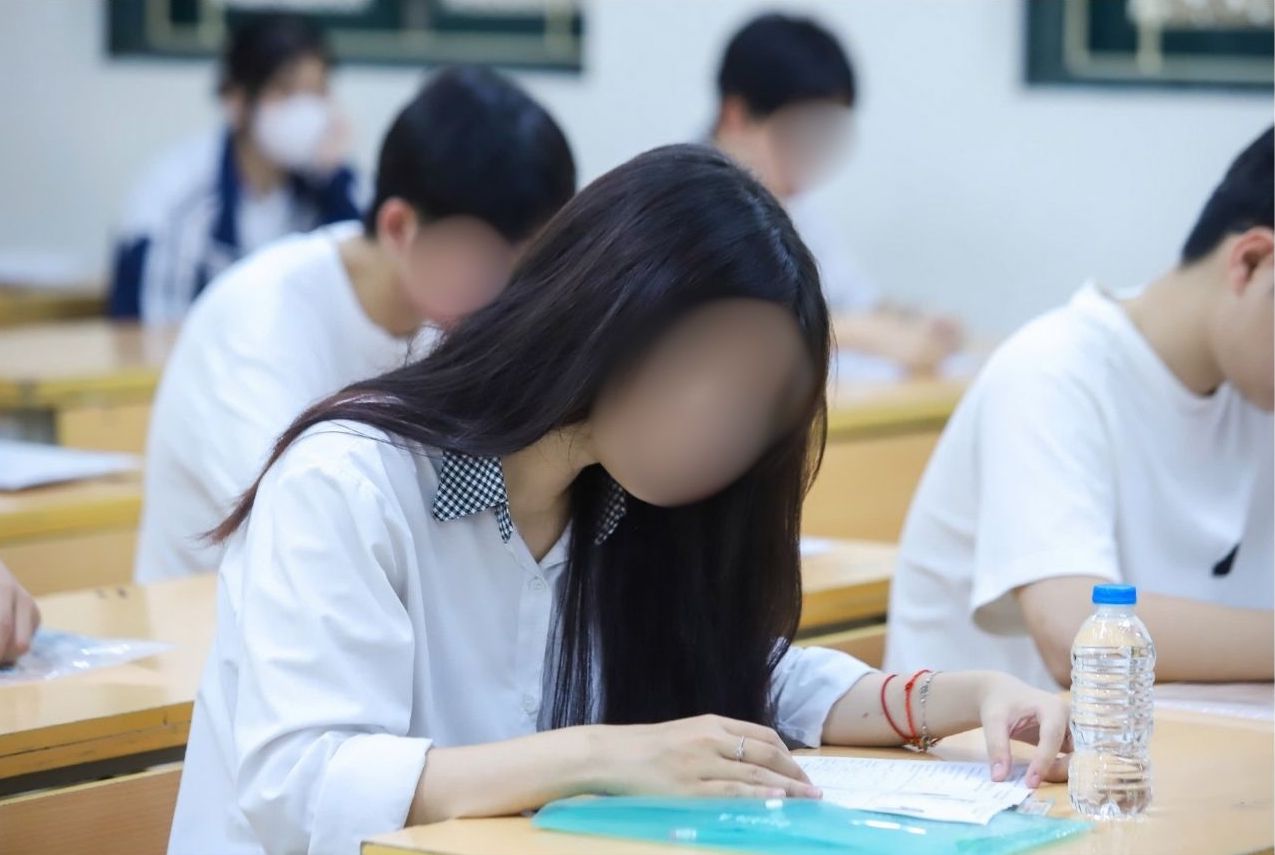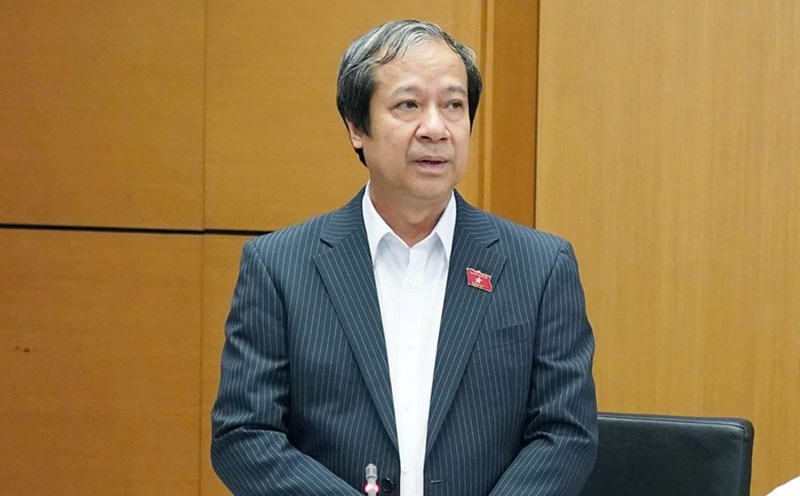In recent days, public opinion has paid special attention to the incident of students fighting, leading to the death of a 12th grade student; or the case of a male high school student being bullied and forced to wear a license plate. These incidents raise many questions about current methods of education, management and prevention of school violence.
As an adult student, Do Nhat Nam - an 11th grade student at a high school in Dong Anh commune (Hanoi) - shared that at his age, many students often have difficulty controlling their emotions and are prone to small conflicts.
"At our age, sometimes we do not know how to control emotions, some of you are sudden, just because of an unintentional word or action, some of you react too quickly, choosing to resolve it with arguing or being hot-tempered. Only then did I realize that everything had gone too far" - Nam said.
Not just a student's problem, from the perspective of parents, Mr. Chu Dinh Hung (Dong Anh commune, Hanoi) - with a child in grade 12 - believes that he and many parents do not really understand the psychological world of their children in their new age.
"Sometimes we parents only know our children's grades, school time, and study schedule. As for whether there is a conflict or not at school or in class, sometimes there is no clear understanding. Children at this age often have a high ego and are less sharing, so the gap between parents and children is even greater" - Mr. Hung said.
According to him, to reduce school violence, parents need to spend time with their children, creating space to talk and listen. "It's not always a warning or advice. Sometimes, just if parents are willing to sit and listen, their children will open their hearts, and the conflicts or pressures in school can be resolved sooner" - Mr. Hung shared more.
Sharing the same view, Ms. Pham Thi Huong (Dong Anh commune, Hanoi) - a parent with a child in grade 11 - believes that the companionship and understanding between parents and children is a "shield" to help prevent school violence.
"To avoid school violence, it is necessary to educate emotions for both vulnerable students and those who tend to react strongly when conflicts occur. When you know how to express, restrain and respect each other, small conflicts will not become big conflicts. The family and school need to create a safe environment for the children to share and solve problems through dialogue instead of being hot-tempered" - Ms. Huong said.

From the perspective of a teacher, Ms. Nguyen Thien Huong - Vice Principal of Mai Lam Secondary School (Dong Anh Commune, Hanoi) - said that many teenagers are easily in a state of suddenness, acting before thinking, due to not having enough skills to control emotions.
"School violence is always an issue of special concern to teachers and schools. In fact, just one minute of anger can cause consequences that you will regret for the rest of your life. In addition to physical damage, such incidents also leave a huge psychological wound - not only for the injured but also for the students who caused the action" - Ms. Huong shared.
According to Ms. Huong, schools need to play a more proactive role in prevention. She believes that schools should organize thematic activities, invite psychological speakers and education experts to share, so that students can listen and feel practical lessons.
"In particular, each school should have a regular school psychological counseling committee, where students can go when they need to confide and share. For students who show signs of instability, frustration or depression, teachers need to be ready to listen and support to minimize negative thinking" - she emphasized.
In parallel with that journey, she believes that the family needs to closely accompany the school in understanding the psychology of students, thereby promptly preventing acts of violence in school.











